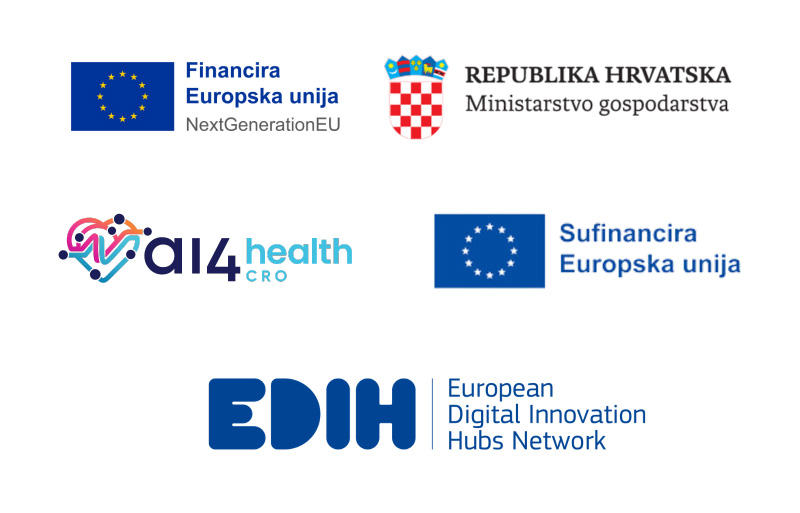When a startup decides to develop a digital innovation for healthcare, whether it is an algorithm for disease detection, a mental health app, or a wearable sensor, the first obstacle is not the market. It is not even funding. The first obstacle is validation of the idea.
What does it mean to validate an innovation in healthcare?
Validation is the process of verifying whether a health innovation has real value for patients, doctors, and the healthcare system. It helps confirm whether there is an actual need for the solution and whether healthcare institutions are ready to adopt and use such technology. Furthermore, it examines how to facilitate user interaction with the technology and checks aspects of improving healthcare through its use, which are necessary to convince investors and regulators of the technology’s safety and effectiveness. The goal is to reduce the risk of investing time and money in solutions that do not bring value to patients or the system in practice.
Proper validation in healthcare is based on data and evidence from real clinical conditions, whether through feedback from doctors and patients, pilot projects in healthcare institutions, or testing in controlled clinical environments. In contrast, so-called false validation occurs when one relies only on theoretical assumptions without real insight into practice and user needs.
Testing in a clinical environment with guidance from experienced mentors
“A good pitch is not yet a good product. What sets successful health innovators apart from the rest is the willingness to listen to the market and users before investing their time and budget,” says Dr. Anja Barešić, project coordinator of AI4Health.Cro and head of the Laboratory for Computational Biology and Translational Medicine at the Ruđer Bošković Institute (IRB). “Test-before-invest enables users to do exactly that, early validation in a safe and real environment.”
That is the support offered by the AI4Health.Cro Center, a project funded with 2.9 million euros under the Digital Europe program and the National Recovery and Resilience Plan in equal shares. Along with the Ruđer Bošković Institute as coordinator, the project brings together 15 partners, from technology leaders in digital health, through scientific and clinical institutions, to healthcare and public institutions as well as business and investment incubators.
Almost 40 organizations have already used the services, free of charge!
Since the launch of the program, AI4Health.Cro Center has already delivered more than 90 services within the test-before-invest program, for nearly 40 organizations. In addition to small and medium-sized enterprises, which make up the majority of users, the services are also used by technology startups, hospitals, associations, research institutes, and other stakeholders in the healthcare sector.
“The services include digital maturity assessment, concept verification, development of digital strategies, solution piloting, usability testing, and many other modules that in the real world are often expensive, fragmented, or simply inaccessible in the field of digital health,” says Dr. Anja Barešić.
“More than forty users have already used test-before-invest services. Currently, eleven more complex services for the development and testing of innovations are underway, primarily within clinical testing. The most in-demand are concept verification and feasibility studies during prototype development, software usability testing, and testing, experimenting, and piloting in clinical environments,” says Dr. Nina Šesto, project coordinator for healthcare on behalf of Magdalena, Clinic for Cardiovascular Diseases.
Dr. Anja Barešić emphasizes the importance of the program for healthcare and the wider economy: “Test-before-invest is not intended only as a technical service, but as a strategic resource. Through a multidisciplinary network of experts, from researchers and engineers to doctors and business advisors, users gain invaluable insight into the potential, but also the limitations of their solutions. In digital health, every wrong assumption can be costly. Our goal is to help innovators recognize them in time.”
The application process is simple and takes place in two stages. In the first stage, applicants express interest through a short online form, and after confirmation of eligibility, they move on to the second stage, which is the selection of a specific service and the start of collaboration. Applications are available at this link.
For all those seriously considering bringing their innovations to the healthcare market, validation is not just an option, it is the first step that cannot be skipped, says the AI4Health.Cro team.



